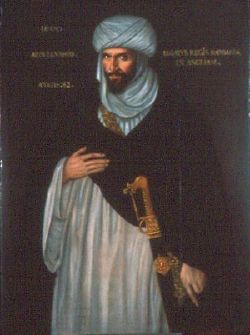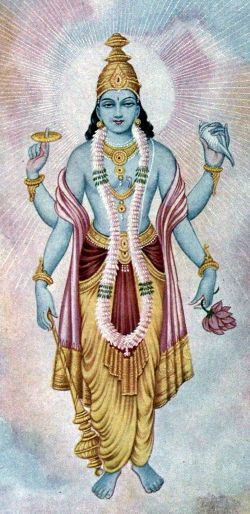Difference between revisions of "Info: Main Page" - New World Encyclopedia
From New World Encyclopedia
(change the invitation) |
(change the invitation) |
||
| Line 12: | Line 12: | ||
''Dear Reader,'' | ''Dear Reader,'' | ||
| − | ''The Values Forum is an interactive, journal-style forum in which you can write articles and commentary and engage in debate and discussion with other NWE thinkers and contributors. [http://forum.newworldencyclopedia.org/ Please visit the page to participate.]'' | + | ''[http://forum.newworldencyclopedia.org/ The Values Forum] is an interactive, journal-style forum in which you can write articles and commentary and engage in debate and discussion with other NWE thinkers and contributors. [http://forum.newworldencyclopedia.org/ Please visit the page to participate.]'' |
{{forum|25|Oct|2010/10/whatever-happened-to-public-service-or-one-nation-under-god-indivisible|Whatever happened to public service, or One Nation, Under God, indivisible?}} | {{forum|25|Oct|2010/10/whatever-happened-to-public-service-or-one-nation-under-god-indivisible|Whatever happened to public service, or One Nation, Under God, indivisible?}} | ||
Revision as of 12:37, 29 October 2010
Did you know?Sylvia Plath was the first poet to win a Pulitzer Prize posthumously, for The Collected Poems published almost twenty years after her death by suicide (source: Sylvia Plath) Values ForumDear Reader, The Values Forum is an interactive, journal-style forum in which you can write articles and commentary and engage in debate and discussion with other NWE thinkers and contributors. Please visit the page to participate. |
Featured Article: Moors
 Moorish Ambassador of the Barbary States to the Court of Queen Elizabeth I of England Popular Article: Vishnu
Vishnu is a Supreme God in Hinduism. Also as Narayana and Hari, he is venerated as the Supreme Being in Vaishnavism and as Purushottama or Supreme Purusha in ancient sacred texts like the Bhagavad Gita. The Vishnu Sahasranama declares Vishnu as Paramatman (supreme soul) and Parameshwara (supreme God). It describes Vishnu as the all-pervading essence of all beings, the master of—and beyond—the past, present and future, the creator and destroyer of all existences, one who supports, preserves, sustains, and governs the universe and originates and develops all elements within.
New World Encyclopedia integrates facts with values. Written by online collaboration with certified experts. |
Recently Updated
> more recent updates
|
